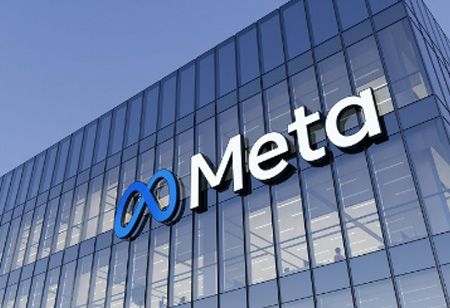Meta's New Censorship Approach: Impact on Brands and Creators
Mark Zuckerberg recently revealed major updates to Meta's content moderation strategy in the United States. The company has revised its policies, especially concerning sensitive issues like immigration and gender identity. Notably, Meta is discontinuing its fact-checking partnership program and shifting towards a community-driven approach, similar to the model adopted by X a few years ago.
In announcing these changes, Zuckerberg stated that the platform's goal is to make it easier for people to share their opinions. The company plans to modify its content moderation filters to ensure a higher confidence level before removing posts, with the aim of reducing errors in censorship.
Zuckerberg stated, “It's time to get back to our roots around free expression. We're replacing fact checkers with Community Notes, simplifying our policies and focusing on reducing mistakes. Looking forward to this next chapter.”
Experts warn that the effects of these changes, currently confined to the US, could soon extend globally. In 2022, X (formerly Twitter) introduced similar shifts, prompting several brands to abandon the platform over brand safety concerns. What could this mean for Meta’s Facebook and Instagram in the future?
Brands to stay away from news content on social media
Sajal Gupta, CEO of Kiaos Marketing, explains that social media trends seldom remain limited to a single region, as social media inherently crosses borders.
“Given this reality, advertisers will likely stay away from news and opinion-oriented content. Advertisers may increasingly add such content to their negative lists. For such platforms, this could lead to reduced monetisation compared to other content types,” he adds.
Brand safety concerns
Rohit Sakunia, founder and director, ArtE Mediatech, says that this situation can be a double-edged sword for brands.
“On the one hand, it encourages open dialogue, but on the other, it poses significant risks to their carefully crafted reputations. A zero- or less-regulated space can quickly become a minefield, where divisive, offensive, or harmful content flourishes,” he noted.
Further, he points out that social media, contrary to what many expected, is far from the sanitized space some had hoped for. For brands, this presents a challenge. They must navigate an environment where toxicity spreads more quickly than their carefully crafted creative campaigns.
Naresh Gupta, co-founder of BangInTheMiddle, explains that while brands may not rush to leave the platform, they can't guarantee it will always align with their values. He stresses that the bigger concern is the effect it will have on individuals and creators.
“The bigger concern is whether consumers or potential customers will leave the platform. We observed a similar trend with Twitter, where users abandoned the platform, making it harder for brands to reach their target audience. A similar shift could occur here,” he adds.
Further, he notes that the influencer marketing landscape is in a delicate position. Influencer marketing relies heavily on personal opinions and expression, and without clear guidelines, influencers may either censor themselves or risk facing trolling and losing followers. As a result, many may choose to leave the platform, which could impact both influencers and the brands that rely on them.
Global implications
Experts believe that while the revised guidelines are for the US, social media is borderless. “Indian rules around digital and social media, as it is, tend to be vague and Meta has historically followed its US policies more than individual countries, the implications globally could be significant,” says Gupta. Meta's policy change comes amid concerns that TikTok could be banned in the US unless its parent company, ByteDance, sells its assets to a non-Chinese entity.
🍪 Do you like Cookies?
We use cookies to ensure you get the best experience on our website. Read more...






